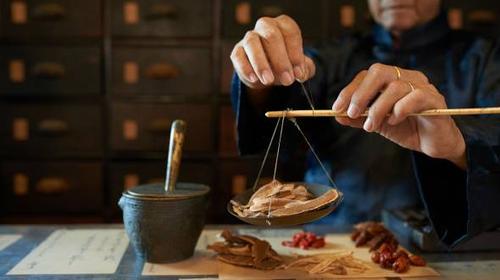Dizziness is a common discomfort experienced by many elderly friends, and behind this symptom may be hiding various health issues that are worthy of our attention. Here are some possible causes of dizziness in the elderly and corresponding measures.
Dizziness in some elderly individuals may be related to cervical spondylosis, especially when accompanied by neck discomfort. The treatment of cervical spondylosis typically involves traction, physical therapy, and massage, but requires long-term comprehensive treatment, with early intervention being more effective. Additionally, heart disease may also lead to dizziness because inadequate oxygen supply to the heart can affect brain function. Patients with cerebral arteriosclerosis often experience symptoms such as insomnia, decreased physical fitness, tinnitus, and may even affect memory and limb sensation, highlighting the crucial importance of timely medical examination.
Anemia is another factor that cannot be ignored; as individuals age, the hematopoietic function declines, coupled with unbalanced nutrition or digestive system diseases, can easily trigger anemia, leading to dizziness and fatigue. High blood viscosity, commonly seen in situations such as high blood lipids and increased platelets, similarly affects blood supply to the brain, resulting in similar symptoms.
To alleviate dizziness in the elderly, maintaining a calm attitude, quitting smoking and alcohol, following regular routines, and having a balanced diet are particularly essential. Abstaining from smoking and alcohol can effectively prevent and alleviate dizziness, while adequate sleep and moderate napping help in bodily recovery. In terms of diet, it is recommended to consume low-salt, low-fat, low-sugar foods, opt for easily digestible foods such as noodles, millet porridge, and avoid burdening the body further.
For addressing dizziness, timely medical check-ups are crucial, especially when dizziness worsens along with a spinning sensation, indicating a possible stroke, requiring prompt medical attention. In daily life, using a wooden comb to gently comb the hair can promote blood circulation in the head, relieving mild dizziness. While moving, especially transitioning from sitting to standing, it is advisable to perform slow movements to prevent discomfort due to sudden blood pressure changes.
In conclusion, dizziness in the elderly should not be taken lightly; through the methods mentioned above for adjustment and prevention, along with the care and companionship of family members, as well as professional medical guidance, we can collectively safeguard the health of the elderly.


